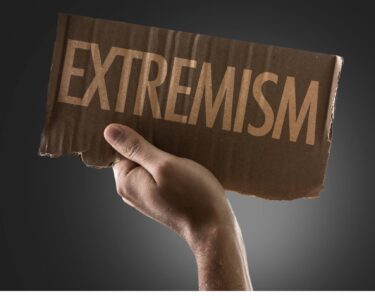Headline: Striking a Balance: The Controversy Over Noise Regulations and Tourism in Sri Lanka
In recent weeks, a growing clash between tourism, entertainment, and public welfare has surfaced in Sri Lanka, following the strict enforcement of noise regulations. A group of tourists, attending a musical event in Weligama, expressed their opposition to the police ban on the use of sound amplification after 10:00 PM, invoking a series of complex questions about the balance between tourism development and public health.

Background:
The incident unfolded against the backdrop of Sri Lanka’s ongoing struggle with noise pollution. The police, in their enforcement of noise regulations, cited a landmark 2007 Supreme Court ruling that restricts sound amplification between 10:00 PM and 6:00 AM, except for special religious or cultural events with local consent. This ruling arose from a case filed by mosque trustees in Weligama, asserting that loudspeakers from nearby mosques were disrupting the peace and well-being of local residents.
According to the ruling, no sound amplification permits should be granted after 10:00 PM, a decision rooted in the belief that noise pollution poses a severe risk to both physical and mental health. The Sri Lankan Supreme Court followed in the footsteps of a 2005 ruling by Indian Chief Justice Lahoti, which emphasized the danger noise poses to human health and the environment.
The Debate:
While the police have upheld the ruling, citing it as vital to public health, a vocal segment of the tourism and entertainment industries argues that such regulations hinder economic activity. Tourists who had come to enjoy the coastal charm of Sri Lanka were particularly upset. One female tourist, captured in a viral video, voiced her concern over how these restrictions could harm the tourism sector, stressing that loud music and nightlife are central to the island’s appeal for certain travelers.
However, government spokespersons have defended the regulations, emphasizing that the police are merely following court orders to prevent the harm that excessive noise causes to local communities. They also pointed out that the government is considering revising the law to better balance public health concerns with economic considerations.
The Economic Impact:
The tourism industry, vital to Sri Lanka’s economy, has been at odds with the enforcement of noise ordinances. Hoteliers in the Southern Province have expressed concerns that a significant number of tourists—particularly those who come to enjoy the country’s pristine beaches and vibrant nightlife—are increasingly frustrated by the constraints imposed on entertainment venues.
In one notable case, a German expatriate, married to a Sri Lankan businessman in the tourism industry, shared her experience of having tourists request refunds and leave hotels early because of disruptive noise from nearby discos. Many within the tourism sector argue that the strict noise regulations discourage a key segment of the international market, who associate vibrant nightlife with their vacation experience.
Despite these concerns, environmental advocates and local residents have welcomed the restrictions. They argue that an overemphasis on tourism could degrade the quality of life for locals and harm the very appeal that attracts tourists in the first place: peace and tranquility.
The Government’s Stance:
In 2023, President Ranil Wickremesinghe’s government established a committee to address noise pollution more comprehensively, signaling a readiness to update and refine the existing regulations. This committee will review the current noise ordinance framework and consider ways to better accommodate both tourism and public health, ensuring that local residents’ well-being is not compromised for economic gain.

Dr. Jayampathi Wickramarathna, Presidential Council, highlighted that there is a need for a balanced approach. “Tourism can certainly thrive in Sri Lanka, but not at the expense of our people’s health and well-being,” she emphasized. “It’s about finding that sweet spot where we can cater to international visitors while also safeguarding our citizens from the detrimental effects of noise pollution.”
International Perspectives on Noise Regulation:
International law provides some context for Sri Lanka’s noise regulations. In numerous countries, noise pollution is tightly controlled, with similar restrictions in the UK, the USA, Australia, and China. In India, courts have even imposed noise limits during religious events to protect citizens from disturbances. As Sri Lanka navigates this debate, the international perspective underscores the importance of balancing development with sustainable living.
Chief Justice Lahoti’s ruling in India, which Sri Lanka’s courts referenced, argued that no religious or cultural activity justifies disturbing public peace and compromising the health of vulnerable populations, such as the elderly, children, and the sick. The underlying principle is clear: individual rights should not come at the cost of communal health and harmony.
The government’s ongoing review and potential revision of noise regulations could be a turning point in Sri Lanka’s approach to sustainable tourism, one that meets the needs of both locals and visitors. The goal, as highlighted by Dr. Wickramarathna, is not to stifle progress but to ensure that growth is responsible and mindful of the health and well-being of all who call Sri Lanka home.







